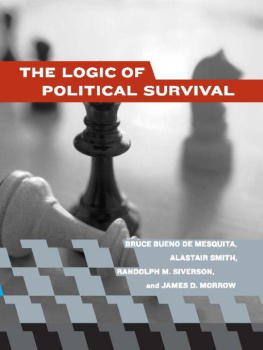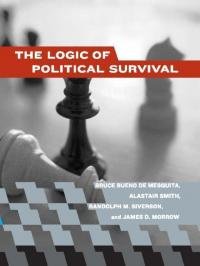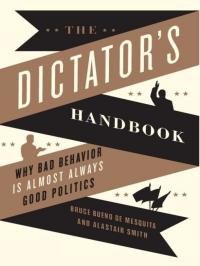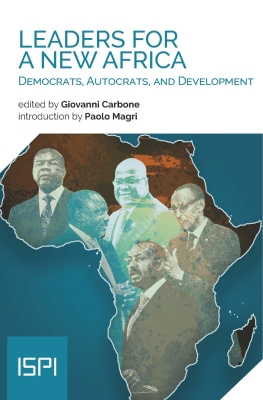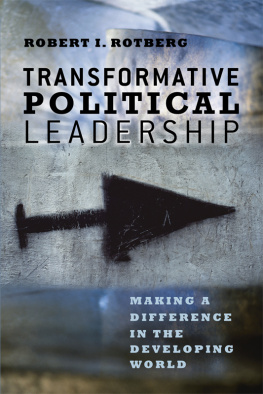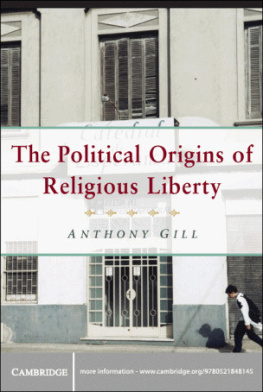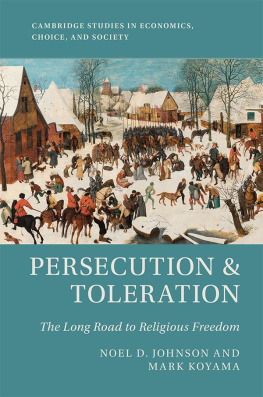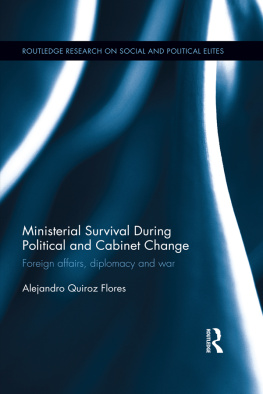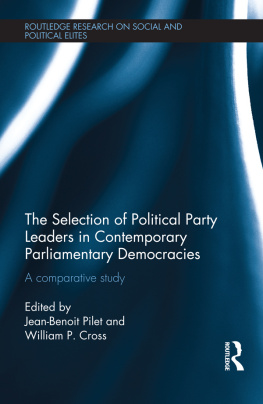Table of Contents
First MIT Press paperback edition, 2005
2003 Massachusetts Institute of Technology
All rights reserved. No part of this book may be reproduced in any form by any electronic or mechanical means (including photocopying, recording, or information storage and retrieval) without permission in writing from the publisher.
This book was set in Times Roman by SNP Best-set Typesetter Ltd., Hong Kong Printed and bound in the United States of America.
Library of Congress Cataloging-in-Publication Data
The logic of political survival / Bruce Bueno de Mesquita... [et al.].
p. cm.
Includes bibliographical references and index.
ISBN 0-262-02546-9 (hc. : alk. paper), 0-262-52440-6 (pb.)
1. Heads of stateSuccession. 2. Heads of stateTerm of office. 3. Political planning. I. Bueno de Mesquita, Bruce, 1946-
JF285.L64 2004
320.011dc21
2003045943
10 9 8 7 6 5 4 3 2
To Our Winning Coalition:
Arlene
Fiona
Suzanne
Karen
Preface
The Logic of Political Survival is our collective effort to solve a fundamental political puzzle: why are leaders who produce peace and prosperity turned out of office after only a short time, while those who produce corruption, war, and misery endure in office? In trying to solve this puzzle we have developed a theory about political selection that is surprisingly broad in its implications. The theory focuses on how two factors that govern the selection of leaders influence taxing and spending decisions, leadership turnover, social welfare, and institutional change. The two factors relate to what we call the selectorate the set of people with a say in choosing leaders and with a prospect of gaining access to special privileges doled out by leadersand the winning coalition the subgroup of the selectorate who maintain incumbents in office and in exchange receive special privileges. Our theory challenges Hobbess view that an absolute sovereignthe Leviathanis the best form of governance, while also probing and questioning the perspectives of Machiavelli, Hume, Madison, Montesquieu, and other democratic theorists about the virtues of republics.
This project, begun a decade ago, started as a narrow investigation of the consequences of war for the political survival of regimes and leaders. It has grown into a theory of how political leaders allocate resources, with allocation decisions assumed to be made with an eye toward enhancing incumbents prospects for remaining in office. From there it spread to assessing the relationship between institutions for selecting leaders and such factors as economic growth, corruption, property rights, patterns of population migration, coups dtat, war aims, war outcomes, revolution, health care, regime change, oppression, imperial expansion, foreign aid, civil liberties, trade policy, the quality of drinking water, the demise of monarchy, the endurance of democracy, apparent civic-mindedness, selection of core institutions of governance, and much more. All of these and many other central economic, social, and political variables are shown to share common explanations in the theory we propose.
We have endeavored to provide a general theory coupled with specific formal models from which we deduce our central claims. The political intuition underlying the models is explained plainly and nontechnically in the body of the text, buttressed by formal proofs in chapter appendixes. More technically inclined readers may wish to read the appendixes immediately after chapters 3, 6, and 9, while just skimming the intuitive explanation in the body of those chapters. Following the presentation of the basic model in chapter 3, subsequent chapters expand applications through related models that form part of the same theory and by relaxing assumptions to evaluate the theoretical, as well as empirical, robustness of the theory. We test most of the theorys implications on a broad body of data, sometimes spanning a period as long as nearly two centuries. The central propositions are evaluated with extensive control variables representing alternative explanations as well as exogenous factors that might lead to spurious associations between our predictions and observations.
Many results are probed further by close examinations of case histories, both to illustrate the workings of our theory on the ground and to evaluate the similarity between our theory and real-world politics. The combination of formal logic, statistical testing, and case histories provides a basis for evaluating the credibility of the theorys explanation as a significant part of the story of political survival and, indeed, much else in politics. The tests also help separate standard claims about democracy, autocracy, and monarchy from the argument we offer regarding the role played by coalition size and selectorate size in central aspects of politics. Ultimately, of course, this theorylike any theorycan only be judged through the development of still more demanding tests, better indicators, and the extent to which its core arguments prove consistent with the empirical record, past, present, and future.
If we can summarize our results in one sentence, it is that we have provided an explanation of when bad policy is good politics and when good policy is bad politics. At the same time, we show how institutions for selecting leaders create incentives to pursue good or bad public policy, with good and bad referring to governmental actions that make most people in a society better off or worse off. In that regard, we offer policy prescriptions in the closing chapter, being careful to base those prescriptions on what we believe has been demonstrated theoretically and empirically. Others, of course, will prove far better judges of what we have done and what we propose than we can be.
In the course of writing this book, we have collectively and individually amassed many debts of gratitude that we are happy to acknowledge here. We thank Ray Wolfinger for the use of his office at Berkeley as a central meeting place. We benefited greatly from the able advice, guidance, and insights of David Austen-Smith, (the greatly missed) Jeffrey Banks, Marcus Berliant, Ethan Bueno de Mesquita, Larry Diamond, George Downs, Yi Feng, Robert Jackman, Kenneth Judd, Tasos Kalandrakis, Robert Keohane, Jacek Kugler, David Laitin, Dimitri Landr, Fiona McGillivray, Stephen Morris, Thomas Nechyba, Robert Powell, Adam Przeworski, Thomas Romer, Hilton Root, John Scott, Kiron Skinner, and Paul Zak, as well as many other colleagues at the University of Arizona, University of California, Cato Institute, University of Chicago, Claremont Graduate University, University of Colorado, Columbia University, Harvard University, Hoover Institution, University of Michigan, Michigan State University, New York University, Princeton University, University of Rochester, Rutgers University, Yale University, and elsewhere where portions of our research were presented, discussed, and critiqued. Portions of this research were kindly and generously funded by the National Science Foundation, grants SBR-9409225 and SES-9709454. Other portions were supported by our respective universities and departments. We particularly thank The Hoover Institution and its Director, John Raisian, for its exceptional support of this project. Beyond the support of two of us as fellows of the Institution, visiting fellowships at Hoover greatly assisted the development and writing of this book by allowing us to work together for extended periods of time. Only our own pigheadedness has led to the errors and deficiencies that remain.

